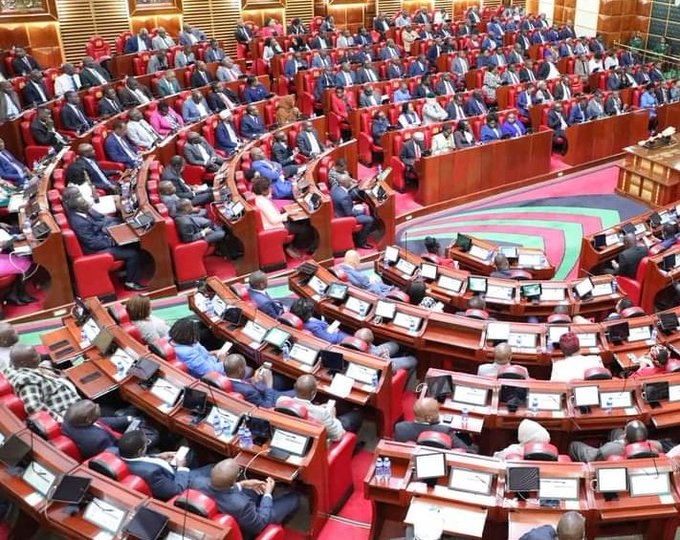I had a short stint at the gym. I was so much into fitness, I would go to the gym multiple times a week. However, it wasn’t easy when I started. I struggled physically, I was nauseated when doing intense cardio workouts and often wondered if I really wanted to be fit. I came across a gym quote that said: “Losing weight is hard. Being overweight is hard. Choose your hard.”
The same can be applied to moving to the diaspora. As Kenyans, we love to complain about the situation at home. High unemployment rates, corruption, lack of opportunities and so on. We love to look West and dream about the endless opportunities we will have when we move abroad.
A year ago, I wrote a similar article on the undiscussed seedy underbelly of life in the diaspora. However, as many countries are opening their borders to immigrants and workers qualified for certain special skills, it is important to note what is happening in those countries.
First and foremost, countries like Canada and Scandinavian countries are encouraging many people to move there because they need workers. This is because most of these countries have a lower working class population. They require young people to work and build their economies as they have a higher count of older people than younger people. They need young people to work to pay for the retirement of the older generation.
A simple case study is what was happening in France a few months ago. By forcing the older generation to keep working, France is withholding paying off the retirement benefits to older guys until much later on in life. These are people who spent a good chunk of their lives working but will be unable to retire until they attain retirement age to receive their full benefits. Next time someone tells you how good opportunities await in the West, ask yourself, are you willing to work for the man until you are 70?
Countries in the West are facing their own crises. Recent global events have impacted economies so much that even the progressive nations are struggling to remain afloat. Housing crises, health crises, heating and gas shortages, high inflation and political instability are some of the problems facing the developed nations. So much so that even their own citizens are barely surviving.
Countries like America that sell big dreams to immigrants are actually facing severe economic and social disparities. There are more billionaires on the Forbes list than ever before, yet hundreds of thousands of Americans are homeless. Not to mention, in America, gun violence is an epidemic. Children get shot in schools, people get shot in everyday places like churches and supermarkets. Is the American dream worth being slaughtered by a crazed maniac with access to weapons of mass destruction?
As the West slowly turns into a rubble of shattered dreams, most people are looking East for better opportunities. There are many opportunities for native English speakers in the better part of the developed Eastern hemisphere. As English becomes more recognised as a global corporate language, more Asians are recruiting native English speakers to teach their children.
However, these countries are more than 90 per cent homogeneous, and to survive there, one must learn their language, regardless of what your job specifies. People in these countries have had little interaction with foreigners. We have all heard the saying, “People fear what they do not know,” or in simpler words, this is the excuse for the xenophobia and racism you are likely to encounter in these places.
Meanwhile, those who have worked in places like the Middle East have narrated many a harrowing tale of the indignity and inhumane treatment they have received in these countries as people of a different race. Granted, sometimes things can be so hard in our own countries, we cannot help but look to other places for better opportunities. Both of these choices are hard decisions. Nothing comes easy, but at the end of the day, we must all choose our hard.














